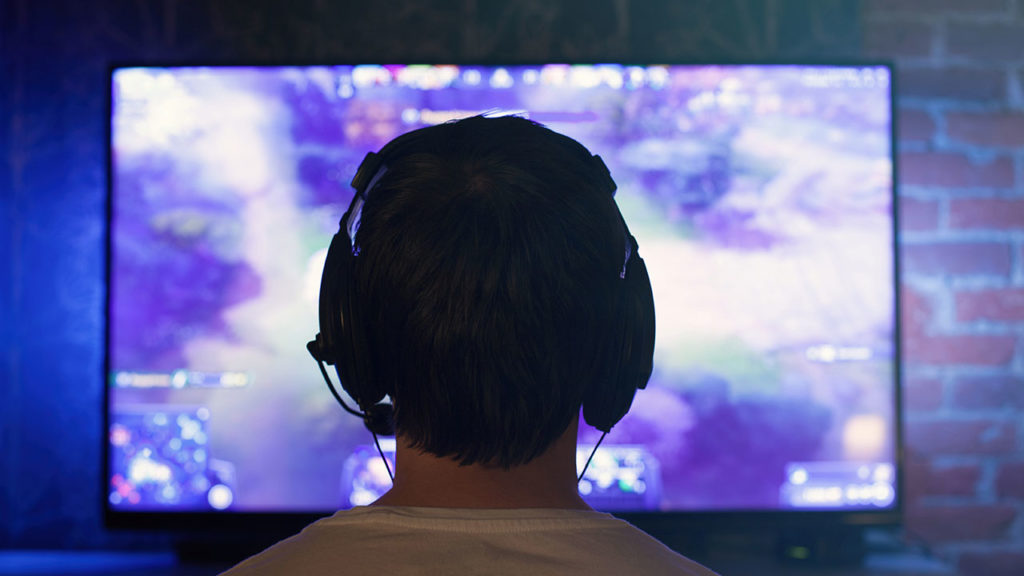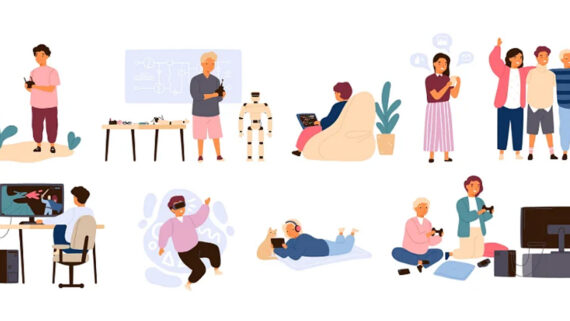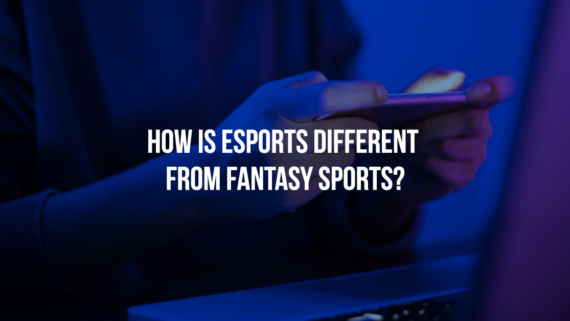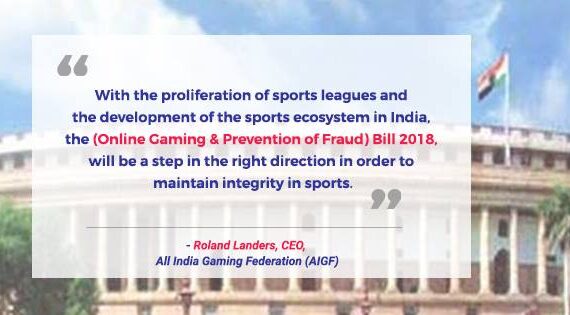Moderation is key: Online gaming can improve cognitive skill, decision-making
The gaming industry is often derided by anxious parents, but a recent study shows that participating in virtual games – both video and online – could help children perform better in the classroom. The report, titled ‘Online Games: A tool for learning & development,’ was prepared by the All India Gaming Federation (AIGF), and draws on the opinions of stakeholders including gamers, mental health experts, psychologists, and game developers.
“While the conventional thinking is to categorise all forms of digital gaming as harmful, careful research and analysis indicates that there are many positives that accrue from digital sports gaming. In today’s time, with the growing digital infrastructure, eSports can reach out to an innumerable set of people in different cities who do not have a proper sporting infrastructure and provide them with a platform to showcase their skills,” said Olympian and Rajya Sabha MP, Mary Kom.
A popular grouse that most parents have against online gaming is that it keeps children away from their schoolwork, as well as physical exercise. The spike in screen time clocked by most teens coincides with the rapid penetration of the internet, declining data tariffs, and more options in the virtual gaming space – be it conventional video games or online gaming platforms.
Contrary to popular opinion, Mary Kom reckons that gaming is not an addictive diversion, but can help develop valuable skills, but cautioned against youngsters adopting a sedentary lifestyle. “It is needless to mention that all gamers need to be cautioned against the overuse of online games at the expense of other physical activities,” she added.
The report includes the feedback of experts like educationist Fatima Agarkar, and psychologist Ishita Pateria. Other stakeholders who were consulted include professional gamers and their families. The report gives insights on the advantages of gaming methodologies in teaching, mental aptitude, tackling stress, developing ambidexterity, critical thinking and psychosocial skills.
“Globally, competitive eSports has enabled children to connect with peers from different parts of the world, and is considered a valuable tool for cognitive development,” said Agarkar, founder of KA Education. While remote gaming exposes children to contemporaries from geographically disparate regions, the report states that it also helps foment cognitive ability and has other health benefits, if indulged in moderation.
“Hand-eye coordination, reaction time, decision-making skills, and the ability to handle pressure are closely associated with online gaming. However, it is essential to strike a balance and ensure that online gaming does not become an addiction,” said Dr. Divya Jain, Head of Psychological Services, Fortis National Mental Health Program. Her research involved tracking the heart rate and sleep cycle of professional gamers to study how competitive gaming, and the stress associated with it, impacts other aspects of their life.
Speaking on the findings of the report, Roland Landers, CEO, AIGF said, “The proliferation of digital infrastructure, high-speed internet and growing technology have led to tremendous growth in the online gaming industry. There are an estimated 300 million mobile gamers in India. The number of digital gaming companies has also seen a rapid rise. In digital sports, gaming players like Mobile Premier League (MPL) and First Games from the PayTM stable taking the lead in driving growth in this sector.”
Source: Economic Times











Comments
No comment yet.